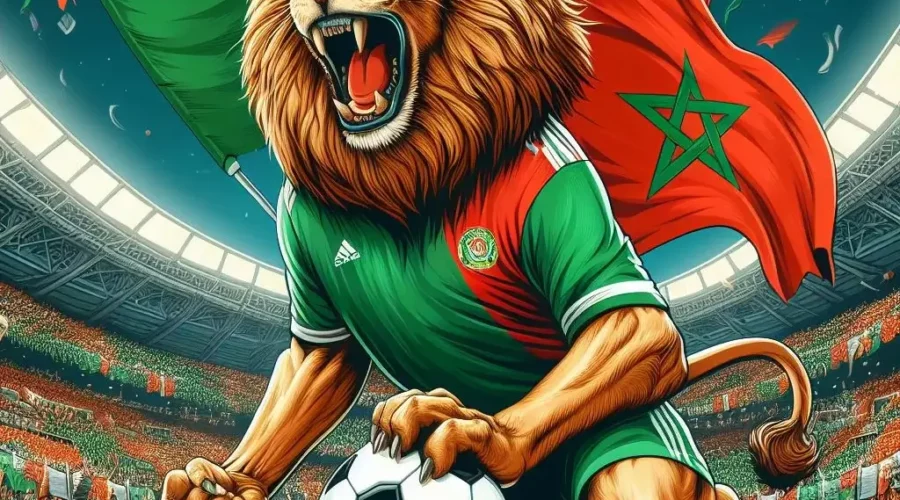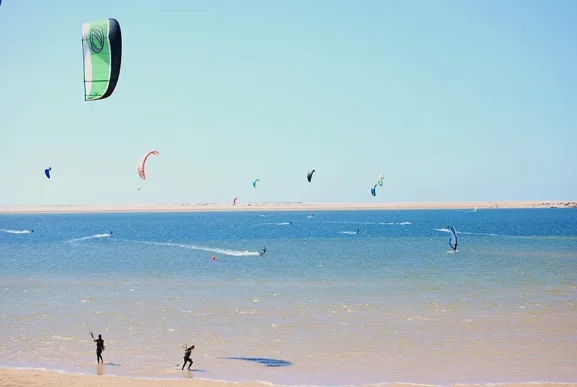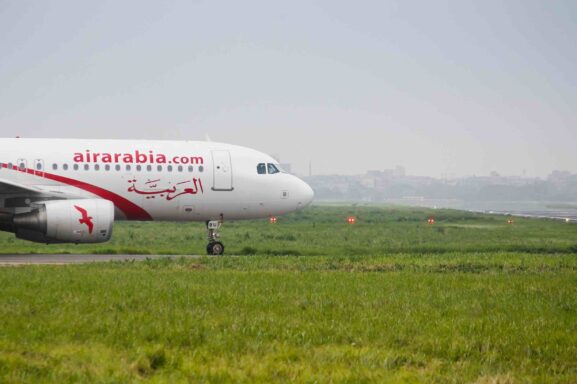Morocco's Ambitious Bid for the 2030 World Cup: A Nation Ready to Shine
Introduction :
Excitement is high as Morocco aims to host the FIFA World Cup in 2030. The North African nation, known for its rich history, vibrant culture and passionate football fans , is preparing to demonstrate its capabilities on the world stage.
A Historic Application:
Morocco's candidacy for the 2030 World Cup marks a historic moment for the country. Having previously competed for the organization in 2026, Morocco has demonstrated its commitment to football and its ability to host a global sporting event. The 2030 bid is a testament to the nation's perseverance and determination to bring the most prestigious football tournament to African soil.
State-of-the-art infrastructure:
One of the strong points of Morocco's candidacy is its advanced infrastructure. The country has drawn up ambitious plans to upgrade existing stadiums, build new facilities and improve transport networks to ensure a seamless experience for players, officials and fans. Investment in infrastructure not only supports the World Cup bid, but also contributes to the long-term development of sport in Morocco.
Meeting between Cultural Wealth and Passion for Football:
Morocco, with its diverse landscapes and vibrant cities, offers a unique blend of cultural richness and passion for football. If awarded the hosting rights, Morocco promises an unforgettable World Cup experience, where visitors will be able to explore ancient medinas, relax on picturesque beaches and immerse themselves in the hospitable warmth of Moroccan communities.
Environmental Sustainability:
In line with global efforts to promote sustainability, Morocco's candidacy places emphasis on environmental responsibility. Plans include environmentally friendly stadium designs, waste reduction initiatives and renewable energy solutions. The commitment to sustainability aligns with FIFA's goals for hosting environmentally friendly tournaments, adding an extra layer of appeal to the Moroccan bid.
Community Engagement and Legacy:
Morocco views the World Cup as more than just a sporting event; it’s an opportunity to leave a lasting legacy. The bid focuses on community engagement programs, grassroots initiatives and youth football development. Hosting the World Cup is seen as a catalyst to inspire a new generation of football enthusiasts and encourage a sense of national pride.
Support from the African Continent:
Morocco's candidacy enjoys broad support across the African continent. Many nations see the potential of the World Cup to contribute to the development of sport in Africa and elevate the continent's standing in the global football community. The bid represents a collective aspiration for Africa to host the tournament again, following South Africa's success in 2010.
Conclusion :
As Morocco eagerly awaits the decision on the host country for the 2030 World Cup, the nation's bid is a symbol of ambition, unity and a deep love for the beautiful game. With its captivating combination of culture, infrastructure and commitment to sustainability, Morocco is poised to make the 2030 World Cup a truly memorable and impactful event.



